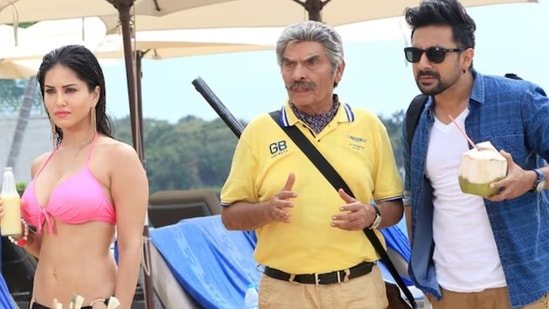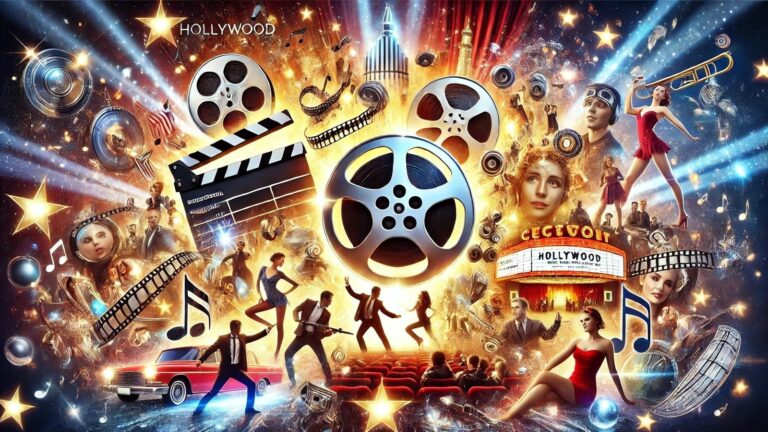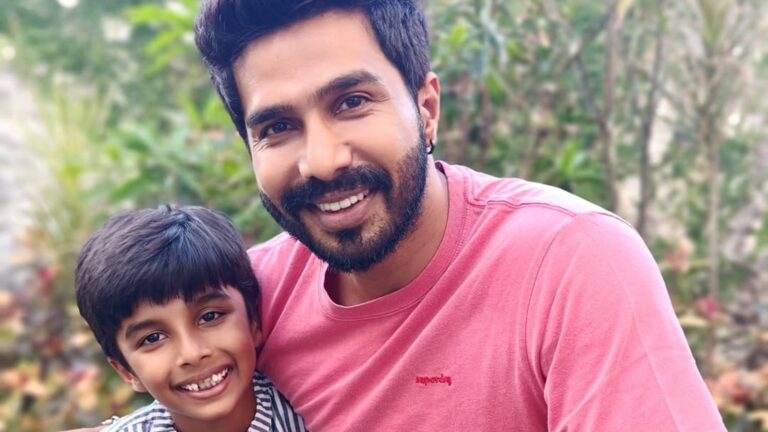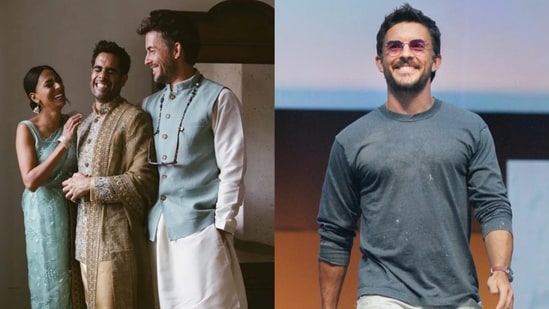Asrani Shares His Regret Over Role in Sunny Leone’s ‘Mastizaade’

Asrani’s Regret Over his Role in Mastizaade
Recently, Bollywood lost a significant figure in the industry, with actor and filmmaker Govardhan Asrani passing away at 84. He was hospitalized on October 16 due to respiratory issues and sadly passed away on October 20 from fluid accumulation in his lungs. Over a remarkable career spanning nearly 60 years, he delivered unforgettable performances, most memorably as the ‘angrezo ke zamane ke jailor’ in Sholay (1975) and Murari in Bhool Bhulaiyaa (2007). However, among his wide-ranging filmography, one particular film he regretted was Sunny Leone’s Mastizaade (2016).
Reflection on Mastizaade
In Mastizaade, Asrani portrayed Sunny Leone’s father, sharing the screen with Tusshar Kapoor and Vir Das. Reflecting on his involvement in 2016, he admitted to feeling embarrassed by the experience, stating, “Mujhe mastizaade main kaam karna pada, mujhe sharam aayi (I had to work in Mastizaade, I felt embarrassed).” He attributed his initial decision to join the project to the film’s energetic director, Milap Zaveri. However, upon shooting, he was taken aback by the direction the script took.
Asrani explained, “Par jab shooting karne pe aaye to mujhe laga baap re ye ka hai?” This sentiment conveyed his discomfort with the double-meaning dialogues he had to deliver, which were far from his usual acting style.
Concerns About Modern Filmmaking
In conversations with PTI at that time, Asrani expressed discontent with the vulgarity in contemporary films. He stated, “It’s terrible and horrible.” He noted that he had not anticipated such an approach for the movie. Discussing the evolution of humor in cinema, Asrani said, “Mehmood sahab had started using double meaning dialogues and some of them worked, so others tried to cash in on the formula. It was still double meaning then but now it is vulgar; all that remains is taking clothes off.”
Though Asrani has passed on, his legacy continues to influence Bollywood and its fans alike.
What are your thoughts on how the film industry has changed over the years?





